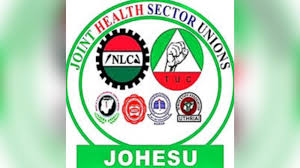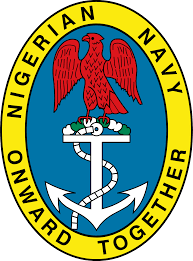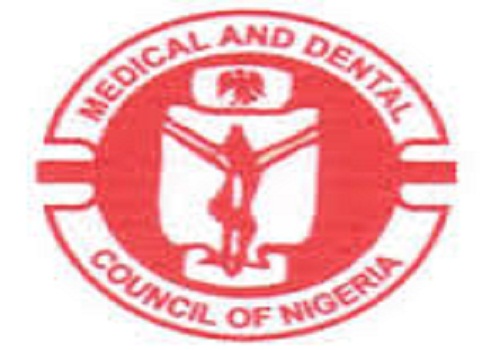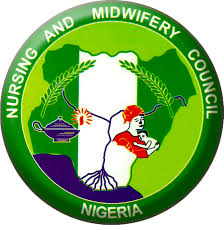The theme of the conference was: Cardiac critical care and subtheme: Cost of intensive care ICU treatment in Nigeria haemodynamic monitoring and workforce challenges in critical care.
The conference started with a pre-conference workshop on the 8th of July, 2025 at the National Orthopaedic Hospital Enugu and focused on essential skills such as haemodynamic monitoring, point of care ultrasound in critical care, and electrocardiogram simulations which are vital for caring for the critically ill. The workshop was adjudged by participants to be beneficial as it provided a platform to improve skills for better patient care. In attendance were intensive care practitioners across the country including Major General (Prof) Obashina Ogunbiyi MINI (rtd and Dr Arinola Sanusi both former Presidents of ICCSN and students.
The President of the society Professor Babatunde Babasola Osinaike of the University College Hospital Ibadan in his opening address warmly welcomed members of the society, trainees, Healthcare professionals in attendance and those who joined virtually and partners to Enugu. He used the opportunity to thank the Federal and State governments for the improvements in ICU infrastructure in public hospitals during the covid-19 pandemic. He enumerated the modest achievements of the society during his tenure to improve services in critical care units through the initiation of ICU registry, developing interprofessional guidelines for brain death in Nigeria, holding regular bimonthly webinar to cover all aspects of critical care as well as the yearly Neurocritical care workshop and other international collaborations.
The opening ceremony was chaired by Emeritus Professor Samuel C. Ohaegbulam NNOM, who used the occasion to highlight the importance of critical care in health care delivery as depicted during the covid-19 pandemic with its associated challenges and prospects for improvements. The Emeritus Professor also reiterated the need for proper funding of critical care unit with emphasis on training and skill development to improve care and outcome.
The Guest speaker, an accomplished cardiac surgeon in the United States of America, Dr Jonathan Nwiloh, who has contributed over twenty-five years in cardiac surgery outreaches in Nigeria in his lecture emphasized the relevance of early recognition of critical illness and referral for prompt care, team work, institutional culture for patient safety as drivers of improved care of the critically ill. Other speakers included Professor Benjamin Anyanwu of Regions/Hospital Owerri and Professor Arinola Sanusi also of the University College Hospital Ibadan who discussed the cost of ICU care in private and public hospitals respectively. There was also Dr Bassey Udom O, a cardiac anaesthetist in the United Kingdom and Babcock University teaching hospitals Ilishan who enlightened the audience on haemodynamic monitoring in the critically ill patients. Prof Kingsley Tobi of the University of Rwanda charted the paths for workforce challenges in critical care with emphasis on Training.
At the end of the annual general meeting, the following recommendations were considered relevant to the practice of critical care in Nigeria.
- The high financial burden of critical care on Nigerian patients demands the inclusion of critical care in the National health insurance scheme.
- The society would emphasize on the need to classify and stratify intensive care units in public and private hospitals in Nigeria based on facilities and workforce for the safety of patients.
- The society noted that Nigeria with a population of over two hundered million people deserves structural training programmes in critical care medicine in Nigeria medical schools and postgraduate college to boost workforce growth and improve care.
- The society would be willing to offer inputs on matters affecting training, and equipping of ICUs across the country for effective utilization and adequate services delivery.
- The society considers the need for regionalization of ICU centres of excellence in each geopolitical zones in the country.
- The need for dedicated/intervention funds for ICUs in public hospitals to meet the increasing demands for services for the sickest patients.
- In a bid to reduce internal and external brain drain among ICU workforce, retention strategies will suffice by way of incentives and support systems.
At the end of the AGM, the following critical care physicians were elected to shoulder the responsibilities of the society for the next two years.
- President Dr Job Gogo Otokwala
- Vice President Dr Irene Akhedeno
- Secretary General Dr Paul Ufoegbunam
- Assistant Secretary General Dr Daramola yetunde
- Public relations Officer Dr Abiodun Ojedoyin
- Treasurer. Dr Nike Owoade
- Ex officio 1. Professor Babatunde Osinaike





